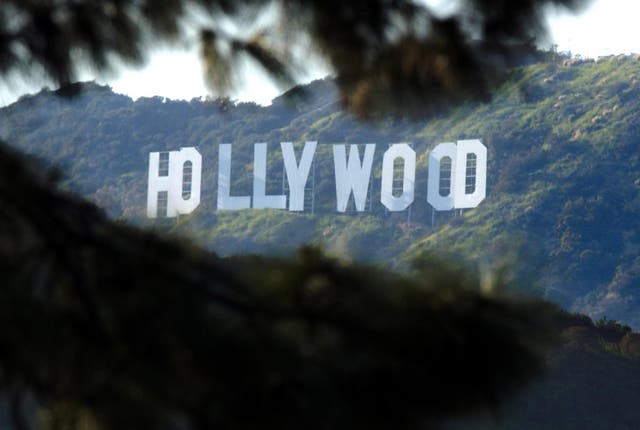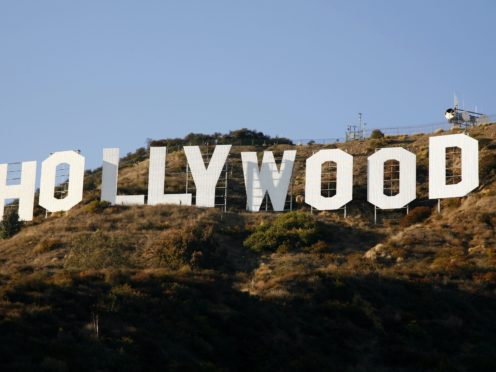Hollywood is guilty of censoring its films to placate China and avoid losing access to the country’s hugely lucrative box office market, a report has claimed.
Filmmakers are increasingly making decisions about their movies – including the content, casting, plot and dialogue – to appease censors in Beijing, according to the study.
As a result, it is claimed, China’s power is influencing not only the films that are shown within its borders, but those that end up released in cinemas around the world.
The report was compiled by the non-profit PEN America, which champions free speech.

China is the world’s second largest box office market behind the US and studios are becoming increasingly reliant on its business.
American films earned 2.6 billion dollars (about £2 billion) in China last year, according to the Hollywood Reporter, with Disney’s superhero extravaganza Avengers: Endgame making 614 million dollars (about £468 million).
The PEN report says studios are self-censoring to ensure favourable treatment from the Chinese government, which can lead to better release dates and preferential advertising arrangements.
The country’s censorship regime is opaque, according to the report, with filmmakers “reliant on rumour and innuendo to determine where the actual boundaries of censorship lie”.
Hollywood’s alleged willingness to bend to China has angered the White House. In July, US attorney general William Barr slammed the film industry for being “all too willing to collaborate with the Chinese Communist Party”.
The PEN report contrasted Hollywood’s perceived readiness to criticise politicians at home with its attitude towards Beijing.

The report says Hollywood “enjoys a reputation as a place uncowed” by the US government and is “often gleefully willing to speak truth to American political power”.
However, it takes the opposite approach to the Chinese government, according to PEN. And if Hollywood, in its position as the centre of global filmmaking, is unwilling to stand up to China’s demands, there is little chance of others around the world taking the risk, the study says.
“In effect, Hollywood’s approach to acceding to Chinese dictates is setting a standard for the rest of the world,” the report states.
Examples of censorship listed in the report include Marvel’s 2016 superhero film Dr Strange, which is accused of whitewashing a major Tibetan character for fear of jeopardising the film’s chances in China.
And upcoming action movie sequel Top Gun: Maverick is criticised for the “mysterious disappearance of the Taiwanese flag” in a 2019 trailer.
The 94-page document, titled Made in Hollywood, Censored by Beijing: The US Film Industry and Chinese Government Influence, makes a series of recommendations.
It says Hollywood studios should insist any version of a film censored for the Chinese market does not become the default version issued for a global release.
“Filmmakers cannot reduce their work to the lowest common denominator of only content that is deemed acceptable by one of the world’s most censorious regimes,” the report states.
PEN also recommends studios “openly and transparently” acknowledge how and why a film has been censored.
The measures “would be a powerful step toward shoring up Hollywood’s commitment to freedom of expression in the fact of this growing dynamic of censorship and propagandistic government influence,” according to the report.
